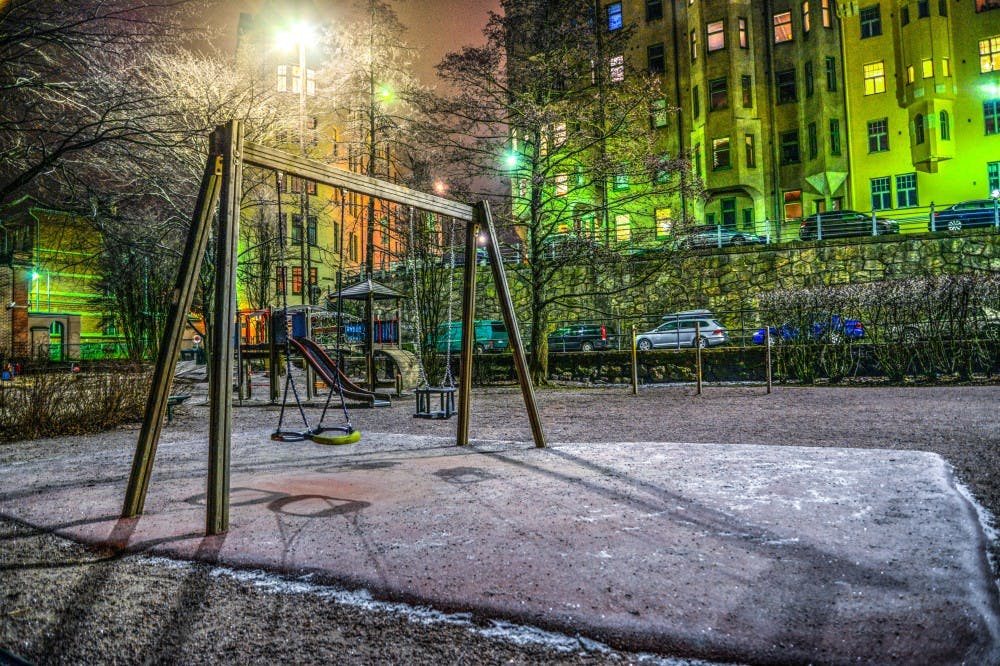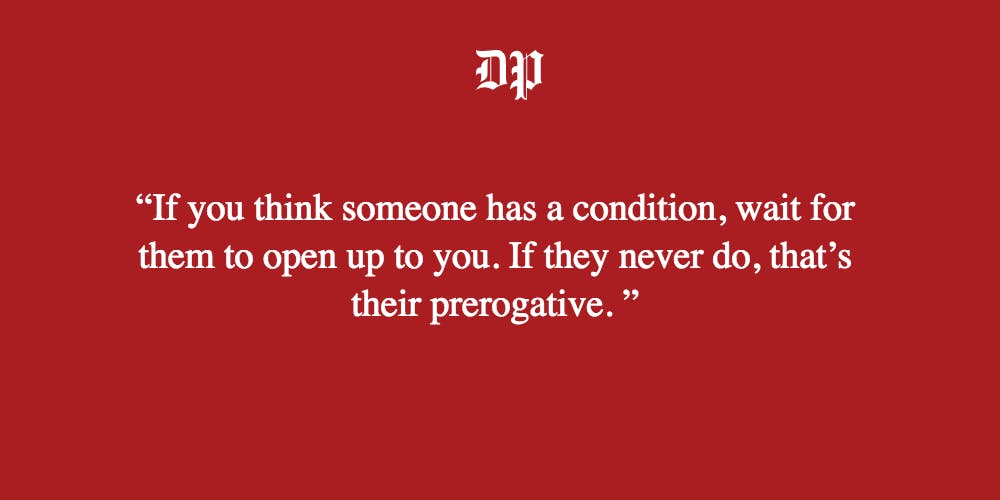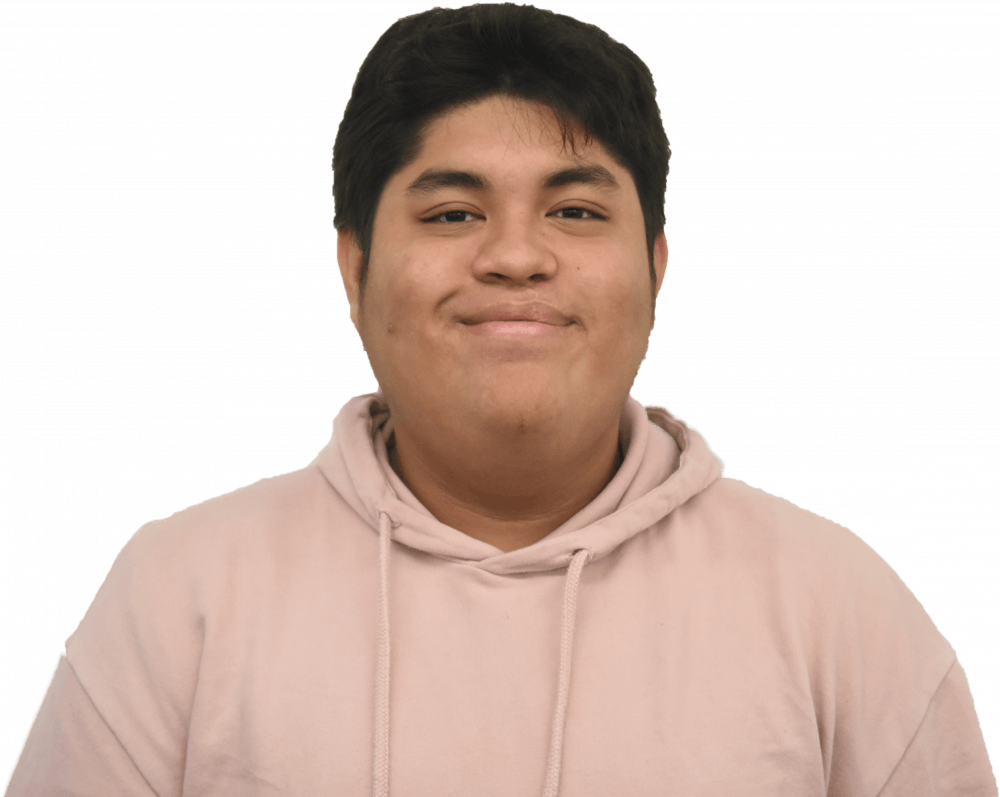
I’ve known from a very young age that I was different. I was born with a defect: a cleft lip and palate. I was constantly visiting maxillofacial surgeons or speech pathologists to see how my birth defect would affect my development.
Growing up, traveling back and forth to Yale New Haven Children’s Hospital was the norm. Throughout my childhood, I had a visible scar on my upper lip that resulted from the correction surgery I had when I was an infant.
During elementary and middle school, my peers would look at me weirdly and point at my scar. They would ask me about it and I would get shy and a little embarrassed because it has always been an afterthought — something I don’t even think I have. My high school classmates never brought it up, but that changed when I got to college.
Since college is a more mature setting, I thought I would evade the questioning and weird stares. I thought we were in a time where we know how to be respectful of others’ differences and be inclusive. I thought people understood that if they believe someone may have a disability or a condition, they should wait for that person to bring it up. Well, I thought wrong.
I remember walking into the office of an adult Penn staff member to ask a question. Throughout our conversation, everything was going smoothly until they asked me, “Have you been in an accident?”
The subject changed so quickly that I didn’t have time to process their question. I thought to myself, “No, I haven’t been in an accident.” It suddenly clicked to me that this staff member was referring to the scar on my lip. I responded back, “I was born that way,” and proceeded to tell this person a few tidbits about my life story before they began a slew of apologies and asked me not to report them.
Personally, I am not offended by these questions anymore. However, there are many other individuals that could be. Even if I were in an accident, I don’t see why someone would feel the need to confront me about it. To be completely honest, I believe that at this point in my life, when I am surrounded by my peers who are rising adults and professionals, I shouldn’t have the need to explain myself.
I believe, for the most part, people know how to be respectful if they see an apparent disability or condition that someone may have.

I work with young children during the summer at a local youth center, and during the year in West Philadelphia, and I don’t hesitate to explain my condition to them if they make a comment about it. I use their questions as a teaching moment to explain how to approach people that may be different from themselves and understand that people might be experiencing difficulties that you can’t see.
Some people mess up and I understand that completely. I forgive this individual, and I do not hold any resentment toward them. As a result of this interaction, I want to have more open conversations about approaching people who may have conditions.
People with any type of condition are human first. Any disability or condition comes secondary. We want to be included in regular daily functions without being reminded of our struggles. It’s a personal choice to disclose a condition like mine.
Over the years, I’ve learned to grow thick skin and let some things said to me roll off my back. Also, for all the people who say “get over it,” if you haven’t been born with a certain condition and the challenges that come with it, you’ll never fully understand my position.
For the staff member I spoke to, this is just one of many conversations they had that day. But for me, this situation has recurred my entire life. If you think someone has a condition, wait for them to open up to you. If they never do, that’s their prerogative.

CARLOS ARIAS VIVAS is a College sophomore from Stamford, Conn., studying communication. His email address is cariasv@sas.upenn.edu.
The Daily Pennsylvanian is an independent, student-run newspaper. Please consider making a donation to support the coverage that shapes the University. Your generosity ensures a future of strong journalism at Penn.
Donate






